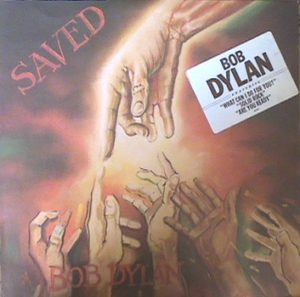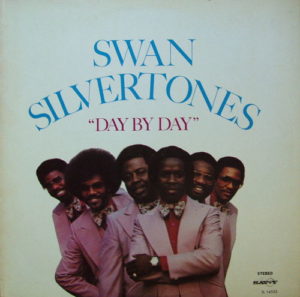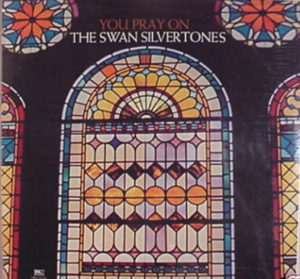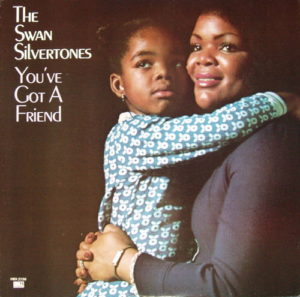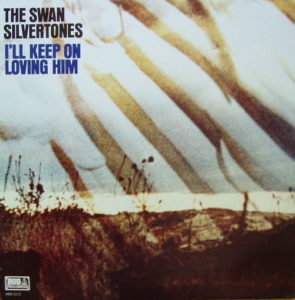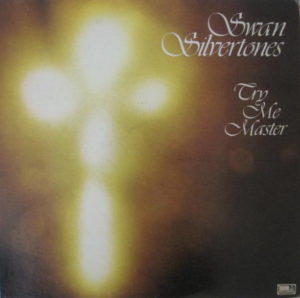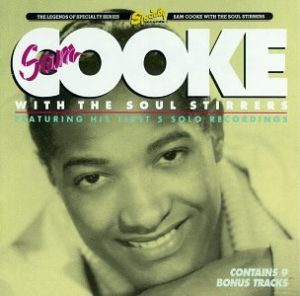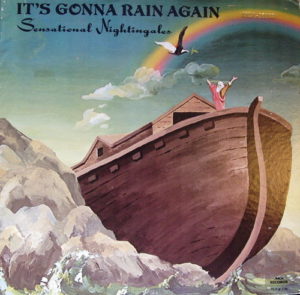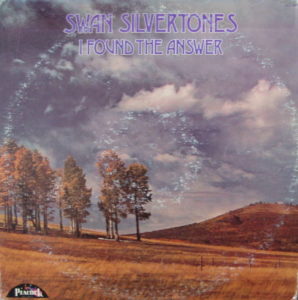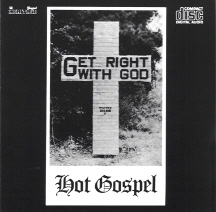
Various Artists – Get Right With God: Hot Gospel Heritage HT CD 01 (1988)
A great set of gospel from its glory days, drawing from the previous collections Get Right With God: Hot Gospel (1947-1953) and Get Right With God: Hot Gospel (Volume 2). This is all high-energy, up-tempo stuff that rightly deserves the subtitle “hot gospel”. The slightly crazed vocals, the imagery of fistfights with the devil, the tracts against moonshine, testimonies to the virtues of FDR, it all could probably never be duplicated. And I say that knowing full well the paltry chance anyone would even try, ever. There are a few well-known names represented here, like The Five Blind Boy of Mississippi, but mostly these are fairly obscure artists. Nonetheless, this makes a great introduction to the genre. There is a significant overlap with the longer and later-released set Gospel – The Ultimate Collection, which also looks pretty good on paper (though I haven’t heard that one). If one track here stands out from the others, I would have to say it’s “I’m Going to that City” by Sister O.M. Terrell, which can give any delta blues track a run for its money.

